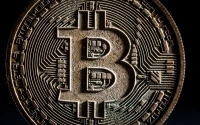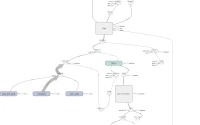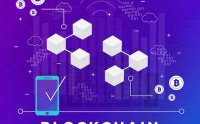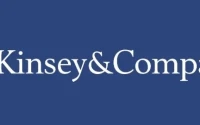Trump's Binance Pardon: A Green Light for Crypto's Untamed Future?
Okay, friends, buckle up. This week has been a whirlwind, hasn't it? We're seeing headlines screaming about Trump's pardon of Binance founder "CZ" Zhao and the alleged illicit crypto flows still sloshing around major exchanges. Some are calling it corruption. Others, a necessary evil. But I see something else entirely: a potential catalyst—a messy, complicated, but ultimately inevitable step toward a truly decentralized future.
Let's be real, the crypto world has always been a bit like the Wild West. Fortunes are made and lost overnight, and, yeah, sometimes the "sheriffs" are a little late to the party. The ICIJ's recent investigation paints a pretty stark picture of how easily criminals can exploit these exchanges, even after those exchanges pledged to clean up their act. We're talking hundreds of millions flowing through Binance and OKX, linked to everything from human trafficking to North Korean hackers. It's enough to make your head spin. But is the answer to shut it all down? To strangle innovation in its cradle? I don’t think so.
A Necessary Growing Pain?
Think about the early days of the internet. Remember the rampant piracy, the scams, the utter chaos? It felt like a digital free-for-all. But did we abandon the internet? No! We built better security, stronger regulations, and a more informed user base. We learned to navigate the risks while harnessing the incredible potential for connection and innovation. Crypto is going through its awkward teenage phase, and Trump’s pardon, while controversial, might just be the equivalent of ripping off the band-aid.
Elizabeth Oyer, the former pardon attorney, is quoted saying, "This is absolutely not justice. This is corruption.” I respect her opinion, but I see a different angle. Maybe this pardon forces us to confront the reality that the old ways of regulating finance simply don't work in this new, decentralized world. Maybe it's a wake-up call to build more robust, transparent, and intelligent systems of oversight – systems that can actually keep pace with the speed of innovation.
The key, as I see it, is smart regulation. Not the kind that stifles innovation with red tape, but the kind that fosters trust and accountability. We need AI-powered tools that can automatically detect and flag suspicious transactions. We need better collaboration between exchanges, law enforcement, and blockchain analytics firms. And we need to empower users with the knowledge and tools to protect themselves. Remember Carrissa Weber, the scam victim who lost her life savings? Her case is heartbreaking, but it also highlights the urgent need for better education and support for those who are most vulnerable.
I was reading a comment on Reddit the other day that really stuck with me. Someone wrote, "Crypto is like the early days of personal computing. It's clunky, confusing, and full of risks, but it's also the future of finance." That's the spirit we need! We can't let the fear of the unknown paralyze us. We need to embrace the potential of crypto while actively mitigating the risks.
And speaking of potential, let's not forget the incredible opportunities that crypto offers. We're talking about a more inclusive financial system, one that empowers individuals, fosters innovation, and breaks down the barriers to global commerce. Imagine a world where anyone, anywhere can access financial services, regardless of their background or location. Imagine a world where artists and creators can directly connect with their fans, bypassing traditional gatekeepers. Imagine a world where financial transactions are faster, cheaper, and more transparent than ever before.
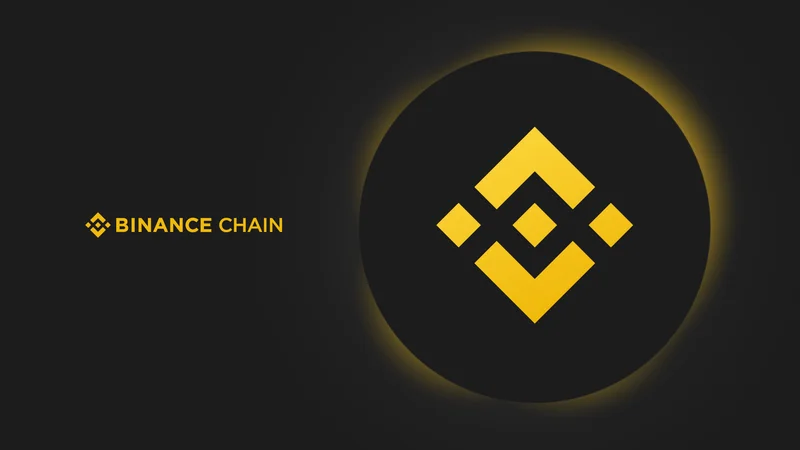
Now, I know what you’re thinking: “But Aris, what about the money laundering? What about the scams?” And those are valid concerns. But I believe that with the right approach, we can address these challenges without sacrificing the incredible potential of crypto.
We need to look into the tech and the AI that can help us solve this. What if we could use AI to analyze blockchain transactions in real-time, flagging suspicious activity and alerting law enforcement? What if we could create decentralized identity systems that allow users to prove their identity without compromising their privacy? What if we could build smart contracts that automatically enforce compliance with regulations?
The possibilities are endless, and honestly, when I start thinking about it, I get so excited that I can barely contain myself! It's like we're on the cusp of a new era, a new paradigm shift in how we think about money and finance. This uses blockchain technology—in simpler terms, it's a digital ledger that is distributed across many computers. Each transaction is recorded and verified, making it incredibly difficult to tamper with.
But here's the thing: this isn't just about technology. It's about people. It's about creating a more just, equitable, and sustainable world. It's about empowering individuals and communities to take control of their financial futures. It's about building a future where everyone has the opportunity to thrive. We have to be responsible stewards of this technology, ensuring that it benefits all of humanity, not just a select few.
The Dawn of Decentralized Trust?
Trump's pardon isn't an endorsement of illicit activity. It's a challenge—a gauntlet thrown down, daring us to build a better, more resilient, and more trustworthy crypto ecosystem. It's a green light, not to the Wild West, but to a future where decentralized finance empowers us all.
What are you waiting for?
---
Your Punchline Here ###
The Future is Decentralized, Ready or Not


